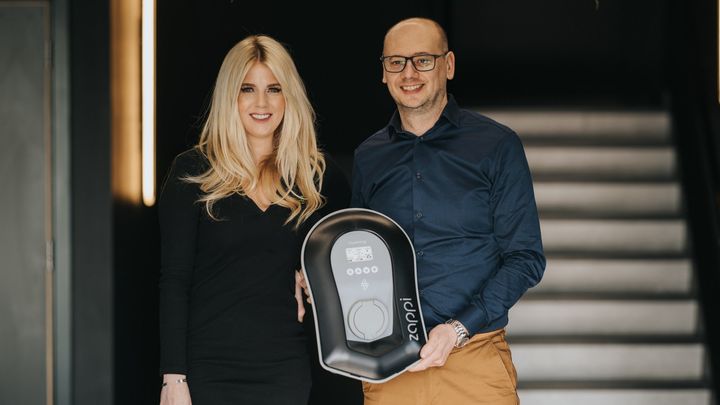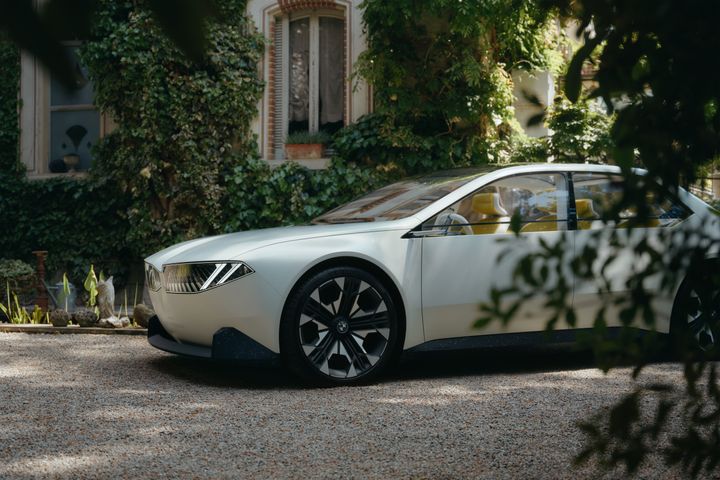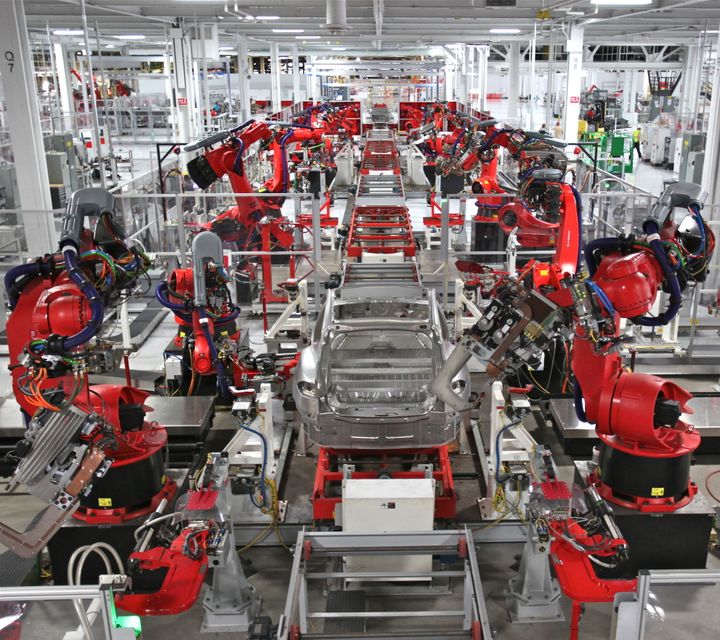Germany Discovers Enough Lithium To Power 400 Million EVs
Germany, one of the world's leading car producers and well-known for its excellence in the automotive industry, has recently discovered enormous storages of lithium captured in underground springs of boiling hot water, underneath the river Rhine. Lithium often referred to as "white gold", is used as a vital ingredient in electric vehicle batteries. Although Germany is not known for its minerals, yet with the help of new technology the country has announced the discovery of significant lithium deposits. As per authorities, the lithium storage is so huge that it can produce enough batteries to power 400 million electric cars.
The newly discovered pot of "white gold" by the Germany-based institute Karlsruhe Institute of Technology (KIT), lies in the deep crusts of the Oberrheingraben, or Upper-Rhine Rift Valley, straddling an area up to 40 km wide and 186 miles long southwestern Germany. The discovered lithium is in a molten state, captured inside underground springs of boiling water thousands of meters below the Rhine River. It is believed that if the estimates of the size of the lithium deposits are accurate, it would turn out to be one of the world’s biggest deposits.
Vulcan Energy Resources, a German-Australian startup, says it plans to construct up to five power stations and can deliver carbon-neutral lithium, based on extraction using geothermal energy harnessed by those power stations.
“The lithium deposit we’re talking about here is gigantic and its properties are ideal for our goal of producing high-quality lithium on a large industrial scale in Germany,” Horst Kreuter co-founder, Vulcan Energy Resources, told Reuters. Germany has a massive chance to become one of the key centers of the European battery industry itself and the company plans to invest 1.7 billion euros ($2 billion). About 75 million euros have so far been raised to build geothermal power stations and facilities to extract the lithium. It is planning to extract 15,000 tons of lithium hydroxide per year at two sites by 2024 and then from 2025 onwards in its second phase marks an output of 40,000 tons per year.
Bettina Fetzer, spokeswoman for Mercedes-Benz AG, part of the Daimler AG also announced that the company was in early talks and would reassess the situation as soon as Vulcan analyzes the first exploration material and could deliver a reliable outlook on delivery volumes.
The European battery market is expected to grow from US$ 180. 38 million in 2020 to US$ 385. 17 million by 2028 with an estimate to grow at a CAGR of 10. 7% from 2021 to 2028. Establishing battery manufacturing in Europe, will not only secure EV production and other manufacturing jobs but also create new jobs in areas such as cell manufacturing, battery supply chain, and beyond. With this sustainable amount of lithium supply from Germany, Europe holds an opportunity to be at a dominant position in the advanced battery market optimized for the next generation of vehicles for the long term.




 Industry Inscript is a subsidiary of Valiant and Company Ltd.
Industry Inscript is a subsidiary of Valiant and Company Ltd.
Comments ()